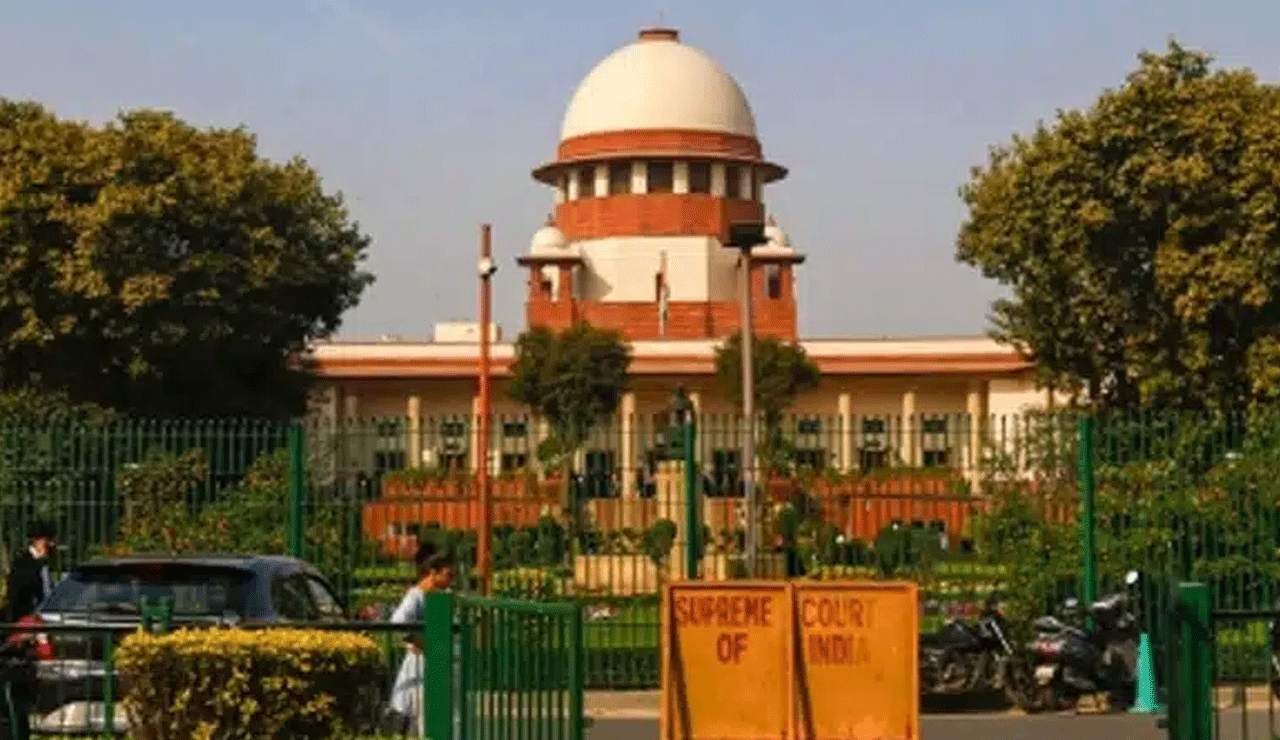Supreme Court Takes Up Crucial Petitions Against Waqf Act Amendments
The Supreme Court of India will continue hearings today on a batch of petitions challenging the constitutional validity of the Waqf (Amendment) Act, 2025, a law that has stirred intense national debate and drawn more than 70 legal challenges from across the country.

New Delhi: The Supreme Court of India will continue hearings today on a batch of petitions challenging the constitutional validity of the Waqf (Amendment) Act, 2025, a law that has stirred intense national debate and drawn more than 70 legal challenges from across the country.
Table of Contents
A three-judge bench led by Chief Justice Sanjiv Khanna, along with Justices Sanjay Kumar and K.V. Viswanathan, will preside over the matter. The petitions center around key provisions in the amended law, especially the controversial concept of ‘waqf by user’, which allows property to be declared waqf based on long-term usage without formal documentation.
Centre Asked to Respond; Status Quo Ordered on Waqf Properties
In the previous hearing, the apex court had directed the Central Government to file a response within seven days on the validity of ‘waqf by user’. The Court stopped short of staying the amended law entirely but issued interim orders stating that:
- No new appointments shall be made to any Waqf Boards.
- The status quo on properties registered under ‘waqf by user’ must be maintained.
Solicitor General Tushar Mehta, appearing for the Centre, told the Court that the government would not take any coercive steps, including de-notification of waqf properties or inclusion of non-Muslims in Waqf Boards, during the pendency of the matter.
Also Read: Israel Mobilizes Tens of Thousands of Reservists to Escalate Gaza Offensive
Government Defends Amendment, Cites Parliamentary Process
Mehta argued that the Waqf (Amendment) Act, 2025 was enacted following due parliamentary process, and urged the Court to refrain from issuing a stay before hearing the government’s full justification. The Centre also pushed back against suggestions from the bench to halt provisions related to denotification of waqf lands and inclusion of non-Muslim members in the Waqf system.
Court Declines Fresh Petitions, Suggests Intervention Applications
On April 28, 2025, the Supreme Court refused to admit a fresh petition against the amendments, directing the petitioner to instead file an intervention application in the ongoing cases, citing the impracticality of handling hundreds of separate pleas on the same issue.
The Court has made it clear that no alterations will be made to registered waqf properties, especially those under ‘waqf by user’, until further hearings.
